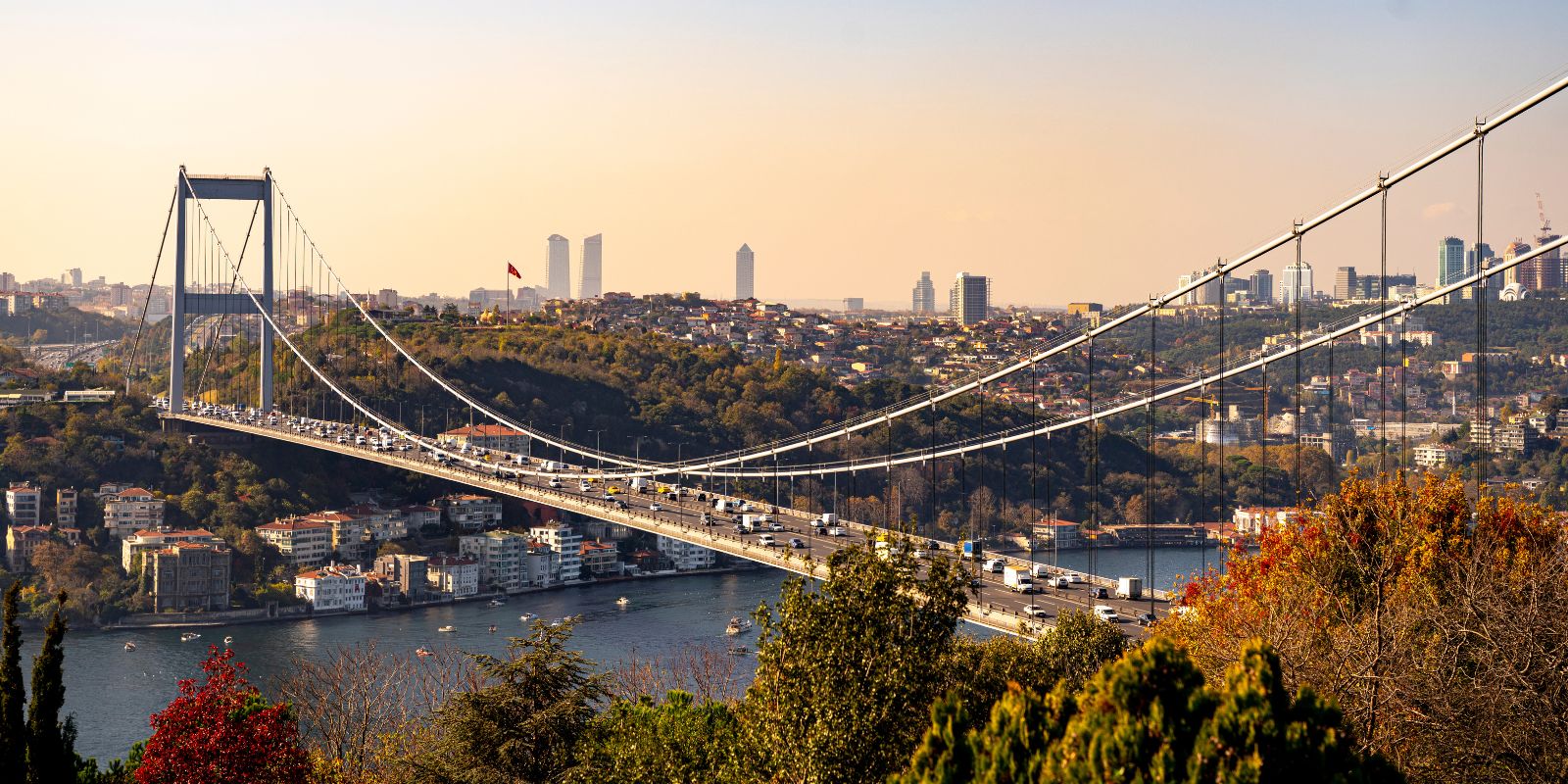Trend 1: Sustainable and Eco-Friendly Developments
As global awareness of environmental issues increases, Istanbul is embracing sustainable and eco-friendly building practices. By 2025, we expect to see a rise in green buildings that utilize renewable energy sources, energy-efficient systems, and sustainable materials. These developments not only reduce the carbon footprint but also attract environmentally conscious buyers and investors.
Key Points:
-
- Increased use of solar panels and green roofs.
- Implementation of rainwater harvesting systems.
- Eco-friendly construction materials and techniques.
Trend 2: Smart Homes and Technology Integration
Technology continues to revolutionize the real estate sector, and Istanbul is no exception. The demand for smart homes equipped with advanced technologies such as IoT (Internet of Things), home automation systems, and AI-driven security solutions is on the rise. By 2025, smart homes will become more mainstream, offering enhanced convenience, security, and energy efficiency.
Key Points:
-
- Integration of smart thermostats, lighting, and security systems.
- Voice-activated home assistants and automated appliances.
- High-speed internet and advanced connectivity infrastructure.
Trend 3: Mixed-Use Developments
The concept of mixed-use developments, which combine residential, commercial, and recreational spaces, is gaining traction in Istanbul. These developments offer the convenience of having everything within close proximity, fostering a sense of community and reducing the need for long commutes. By 2025, we expect to see more mixed-use projects that cater to the lifestyle needs of modern urban dwellers.
Key Points:
-
- Residential units integrated with shopping centers, offices, and entertainment facilities.
- Enhanced walkability and access to public transportation.
- Focus on creating vibrant, self-sustaining communities.
Trend 4: Affordable Housing Initiatives
As Istanbul continues to grow, the demand for affordable housing is becoming increasingly critical. The Turkish government and private developers are likely to introduce more affordable housing projects to meet this demand. By 2025, we anticipate a significant increase in the availability of budget-friendly housing options, particularly in emerging neighborhoods.
Key Points:
-
- Government incentives and subsidies for affordable housing projects.
- Development of high-density, cost-effective housing units.
- Focus on accessibility and essential amenities.
Trend 5: Urban Regeneration Projects
Urban regeneration projects aim to revitalize old and neglected areas of the city, transforming them into vibrant, livable spaces. Istanbul is undergoing several urban regeneration initiatives to address issues such as aging infrastructure and inadequate housing. By 2025, these projects will play a crucial role in reshaping the city’s real estate landscape.
Key Points:
-
- Redevelopment of historical and industrial areas.
- Upgrading infrastructure and public services.
- Creation of new residential and commercial zones.
Trend 6: Increased Foreign Investment
Istanbul’s strategic location, cultural appeal, and economic potential continue to attract foreign investors. With favorable exchange rates and investment incentives, the city remains an attractive destination for international buyers. By 2025, we expect a steady increase in foreign investment, further driving demand and development in the real estate market.
Key Points:
-
- Rise in property purchases by foreign nationals.
- Development of luxury residences catering to international tastes.
- Continued interest from investors in Europe, the Middle East, and Asia.
Predictions for 2025
As Istanbul embraces these trends, the real estate market is set to undergo significant transformation. Here are some predictions for what we can expect by 2025:
-
- Growth in Suburban and Peripheral Areas: With urban regeneration and mixed-use developments, suburban areas and city outskirts will see increased growth and investment, providing more affordable and spacious living options.
- Enhanced Public Transportation Infrastructure: Ongoing investments in public transportation, including new metro lines and improved bus services, will enhance connectivity and accessibility, making previously less accessible areas more attractive for development.
- Focus on Quality of Life: Developments will increasingly prioritize quality of life, with more green spaces, recreational facilities, and community-centric designs.
- Rise of Co-Living and Co-Working Spaces: As remote work becomes more prevalent, there will be a rise in co-living and co-working spaces that cater to the needs of modern professionals seeking flexible living and working arrangements.
The future of real estate in Istanbul is bright, with numerous exciting trends and developments on the horizon. By 2025, the city’s real estate market will be characterized by sustainability, technology integration, mixed-use developments, and increased foreign investment. For investors, developers, and potential homeowners, understanding these trends and preparing for the future is crucial.
Stay tuned to our blog for more insights into Istanbul’s real estate market and how you can take advantage of the emerging opportunities.



